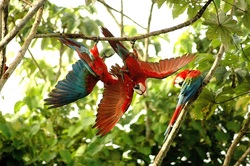
The Tambopata Macaw Project was begun in 1989 by Eduardo Nycander (supported by the Wildlife Conservation Society) with the goal of studying the ecology and natural history of large macaws so that this information could be used to help protect thes birds throughout the tropics. The site chosen for this research was on the upper Tambopata River in the center of a huge uninhabited track of pristine tropical lowland forest. The Tambopata Research Center was founded to host this research project. Intense investigations were conducted from 1990 – 1993 under Eduardo’s direction. After this point the research continued at a slower pace as Eduardo’s focus shifted towards creating the ecotourism company Rainforest Expeditions to ensure that the Tambopata Research Center would remain open and active. In November of 1999, I (Don Brightsmith) joined the team and took over the direction and day-to-day operations and direction of the Macaw Project with the blessing and aid of Eduardo.
Since 1999 the project has produced many new publications on a variety of topics and expanded to include studies of parrot biology and clay licks throughout southeastern Peru. Working as a mentor and consultant, I have taken the information learned in southeastern Peru and applied it in many areas of the American tropics and even Indonesia. A major goal of the study now is to provide opportunities for young scientists to run satellite projects under the macaw project umbrella, so that Peru and other parts of Latin America will have a cadre of trained scientists willing and able to tackle the conservation and research problems in the coming decades.
Since 1999 the project has produced many new publications on a variety of topics and expanded to include studies of parrot biology and clay licks throughout southeastern Peru. Working as a mentor and consultant, I have taken the information learned in southeastern Peru and applied it in many areas of the American tropics and even Indonesia. A major goal of the study now is to provide opportunities for young scientists to run satellite projects under the macaw project umbrella, so that Peru and other parts of Latin America will have a cadre of trained scientists willing and able to tackle the conservation and research problems in the coming decades.
| The Tambopata Macaw Project is a long term research project on the ecology and conservation of macaws and parrots in the lowlands of southeastern Peru under the direction of Dr. Donald Brightsmith of the Schubot Exotic Bird Health Center at Texas A&M University. The Tambopata Macaw Project has been working with wildlife and local communities since 1989. A long history of dedicated research and monitoring has provided many insights into various aspects of parrot and wildlife of south eastern Peru. We are always looking to collaborate with anyone with a passion for conservation and biology. We have supported many national and international students and look forward to hearing from you should you wish to participate in our project or conduct your studies with our support. Tambopata is a unique forest environment, with the highest concentrations of avian clay licks in the world. A range of animals come to satisfy their need for salt along the river banks of the region. The experience of hundreds of macaws at a claylick is one of the world's ornithological highlights. The Tambopata faces imminent threat from the paving of a highway through one of the planet's most biodiverse regions. We need all the help and assistance we can get to try and understand what the impacts may be for one of the forests major icons. | |


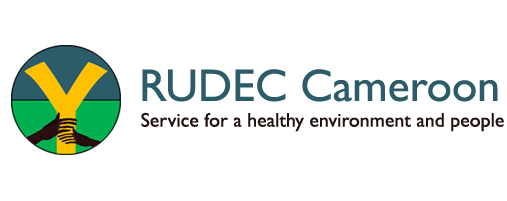
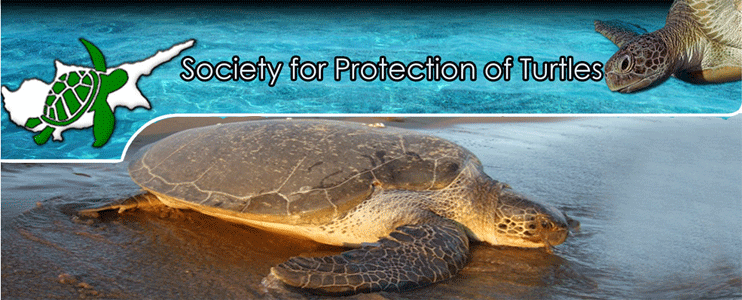
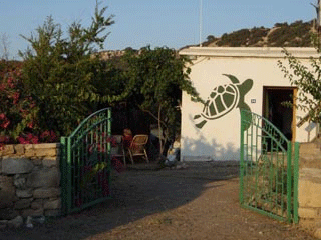
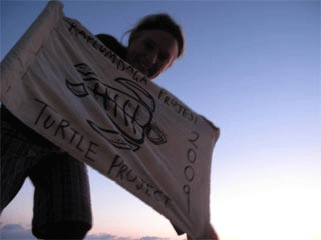
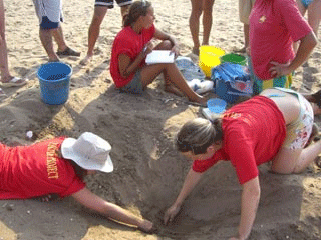
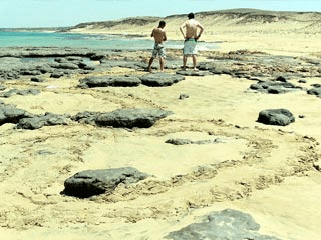
 RSS Feed
RSS Feed
